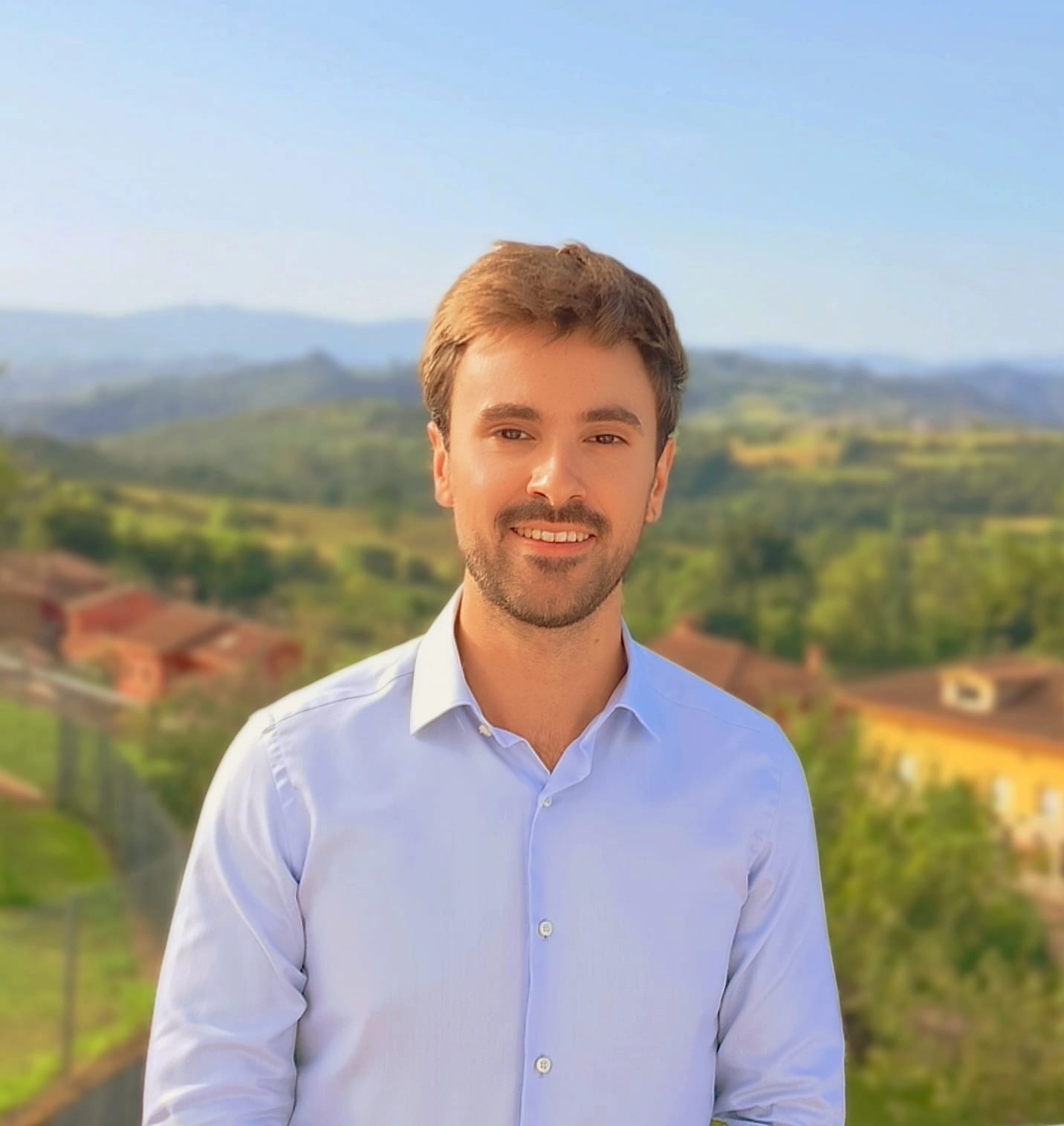RESEARCH
Job Market Paper
"The Impact of Political Campaigns on Demand for Partisan News"
Abstract
[Nada es Gratis]
[The Economic Misfit]
I explore how electoral campaigns affect the market for partisan news in Spain. I use machine learning and large language models (LLMs) to build a novel slant index that I match to high-frequency audience-meter data on television consumption. This allows me to compare how the same story is framed across outlets and how many people watched it. I integrate these measures into a structural model of news demand and supply. Outlets choose the political framing of the news and viewers select their preferred information source based on it. To identify viewers’ preferences for politi- cal content, I exploit exogenous changes in the mix of political events that constrain what outlets can cover. During the campaign period, demand becomes more polarized: viewers strongly screen out favorable coverage of the party they oppose. On the supply side, outlets specialize and face lower costs of producing slanted coverage that aligns with their political stance. I evaluate the effects of a proportional airtime require- ment, the standard rule in television regulation during campaigns. Outlets comply by becoming more partisan, resulting in a more polarized media environment.
Other Works
"Breaking the Echo Chamber: Social Media Networks and Political Conflict"
with Hannes Mueller, Daniel Montolio, and Francesco Slataper.
Abstract
This article exploits data from a political conflict between language groups to show how political events can rapidly redefine how these groups interact on social media. Leveraging on a unique dataset of 26 million retweets by 120 000 Catalan- and Spanish-speaking Twitter users, we estimate individual exposure to tweets with a network-based model. We then compare two shocks in the same region and year: the Barcelona terror attack and the Catalan independence referendum. The referendum — and the circulated images of police violence — triggered a sharp, symmetric jump in cross-language retweeting. The terror attack, by contrast, did not lead to a similar realignment.
"Online and Offline protest participation: An Empirical Analysis for the 2020 Black Lives Matter Movement"
Abstract
The recent wave of world-wide protests that took place after George Floyd’s killing has sparked attention in the Black Lives Matter movement, specially in terms of online activism. How does offline protesting behavior interact with the underlying online social networks? In this work, I build a classification algorithm to identify individuals who physically participated in the BLM demonstrations across the US. Thanks to this unique dataset, I explore at an individual level their full Twitter activity to better understand the role of influential users, coordination patterns and speech evolution. Through this analysis, I aim to examine assumptions regarding slacktivism, which involves engaging in online activism with minimal effort, in comparison to more traditional forms of protesting. By exploring how social media contributes to the development of traditional activism, we can gain a deeper understanding of the role of social media in protesting behavior.
"Media Entry and Political Slant"
with Manuel Lleonart-Anguix.
Abstract
This paper investigates how competition shapes ideological slant in television news. While theoretical models suggest that increased media competition can either intensify or mitigate bias—depending on whether audiences seek confirmation or accuracy—empirical evidence remains limited. We address this gap by analyzing the entry of a new Spanish TV news outlet and measuring how it alters the political slant of existing providers. Our approach combines a formal model of political media markets with a novel empirical strategy that leverages large-language-model and text-analysis techniques. We disentangle media bias into topic selection, ideological tone, and airtime allocation—capturing the three primary channels through which slant manifests. Our findings offer the first direct evidence of how heightened rivalry influences not just audience composition, but the strategic editorial decisions that shape political coverage.
"The End of the Iberian Exception: Populists and
the Economy"
with Agustina Martínez and Henry Redondo.
PROJECTS
Spanish Media Monitor
Spanish Media Monitor is an intitiative to monitor TV using large language models (LLMs). I built this project together with Manuel Lleonart-Anguix to provide real-time analysis of Spanish television news content, leveraging LLMs for story identification, classification, and visualization. You can visit the webpage here.
TEACHING
Instructor:
Teaching Assistant:
Course evaluations available upon request.

